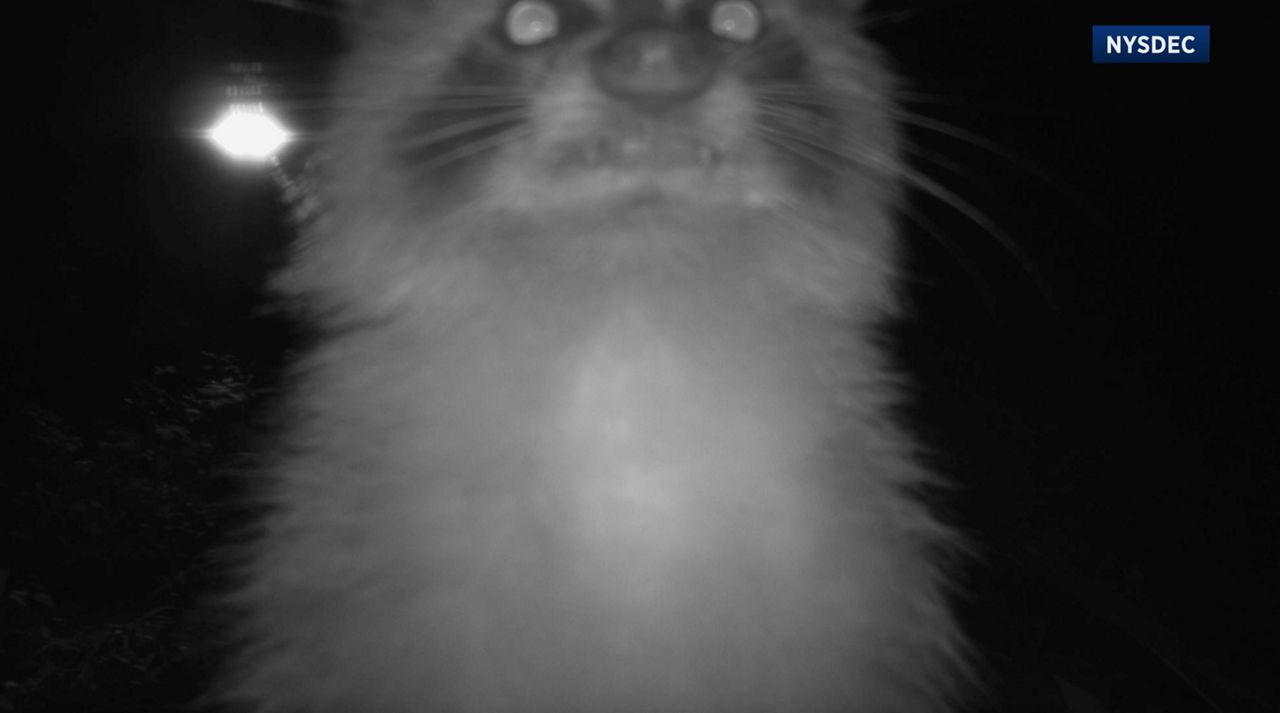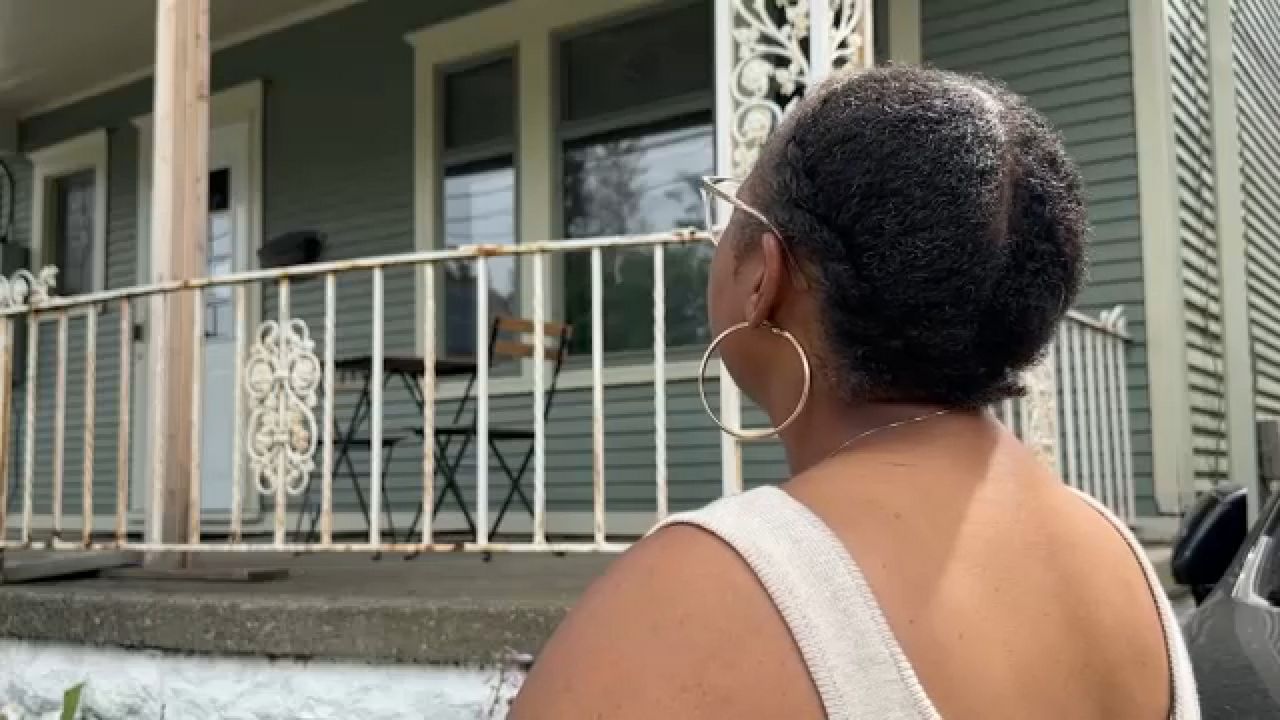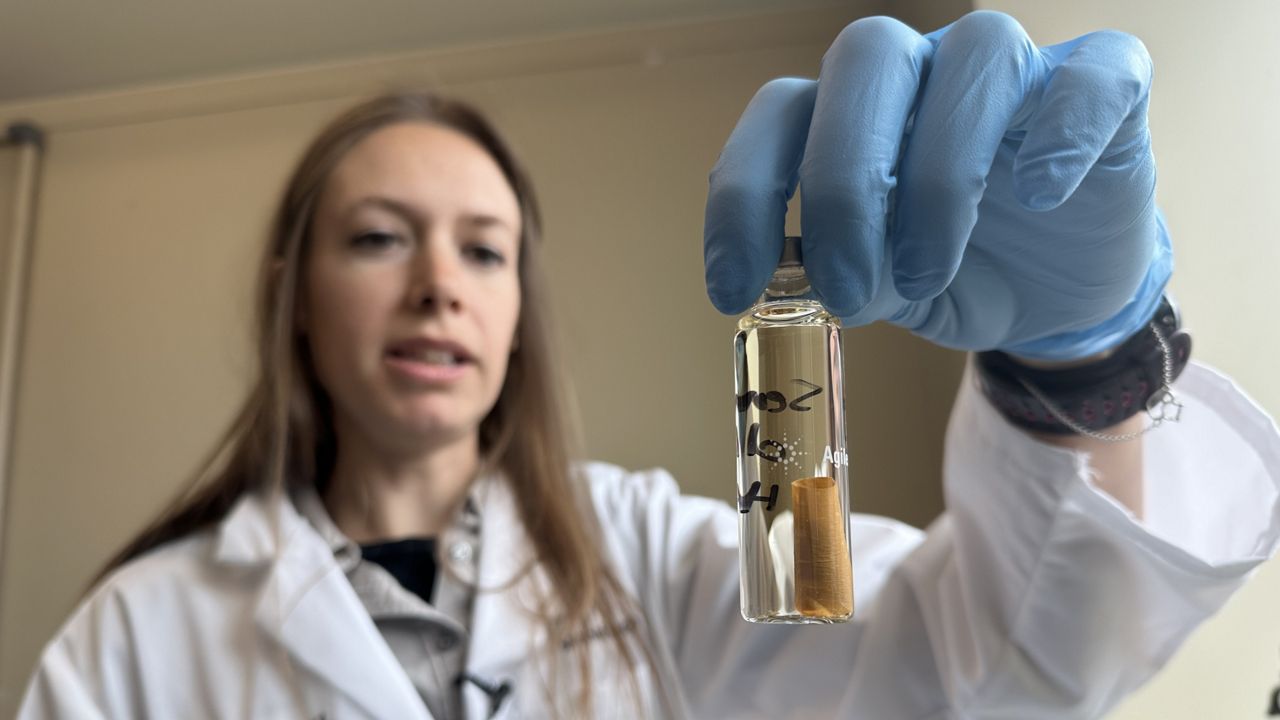When it comes to trash, you have your recycling and your regular waste, but many people are starting to add a third category: compost. It’s an effort some municipalities in New York state are dipping their toes into.
"I was surprised at how much food waste there is and how much I have each week," said Nancy Irwin.
That inspired Irwin and her family to make a change.
"I can't stop from driving a car all the time, but I can think about when to drive," she explained. "I can think about food waste. [...] I can think about what can I do that's a little step that makes a difference with the environment."
A few years ago, she paid Farmer Pirate Compost to pick up those food scraps, compost them, and create high-nutrient fertilizer.
Last July, that company teamed up with the city of Buffalo to offer that service for free.
"I just take this waste and it goes into my compost bin that I keep under the sink," Irwin explained as she tossed some food scraps. "Then on Wednesday nights, I put it in the compost bin that the city provides and put out the curb with my garbage can and my recycling bin."
Over on the receiving end is Terra Dumas and her team.
"We started [as] a small beat-up pickup truck, a pitchfork, and one pile," Dumas, a worker-owner at Farmer Pirate Compost recalled.
"Pumpkins from Halloween...I can definitely see some egg shells," said Dumas, as she rifled through one of many compost piles.
On top of commercial and residential customers, are 1,600 participants via the city’s program.
While there are 2,000 spots available, Dumas says they want to keep representation of each city district equal. With some districts lagging in sign-ups, they're keeping those spots for potential latecomers who didn't hear about the program before.
"New York State is really focusing efforts on composting," she added.
This program was funded by Department of Environmental Conservation grants. Dumas hopes to work out the kinks over the next year and hopefully continue and expand the operation.
"We hope to see the cost benefit there," she said.
Food scraps are often the heaviest thing in trash, so this can make a big difference.
"In 2023, we diverted a total of 940,000 pounds or 470 tons of food scraps from the landfill," Dumas said. "It’s equal to about two of Statue of Libertys."
She thinks it’s possible for many municipalities.
"See what small businesses in your area are already doing this, and I bet you they have the capacity to scale up with some support," Dumas explained. "You can create compost which you can then offer back to your residents, you can be using on town projects and parks, and there's all kinds of other benefits."
"It'd be nice to see a lot of other brown [compost] bins on the curb on trash day," said Irwin.
Back at home, the Irwin family will keep doing their thing.
"It definitely has a better life than throwing stuff in the trash, because I find that's more of a waste of time than just putting in the composter," added Callie Craik, Irwin's daughter.
They hope they’ll inspire others to do the same and get involved in composting.
"Once you start doing it, really that's easy, and once you make it a habit, you'll be you'll be really successful and it'll make a difference," added Irwin.
As for what’s done with all that compost, the new fertilizer is sold on site in the spring. For paying customers outside the city, they are given some of it for free.










